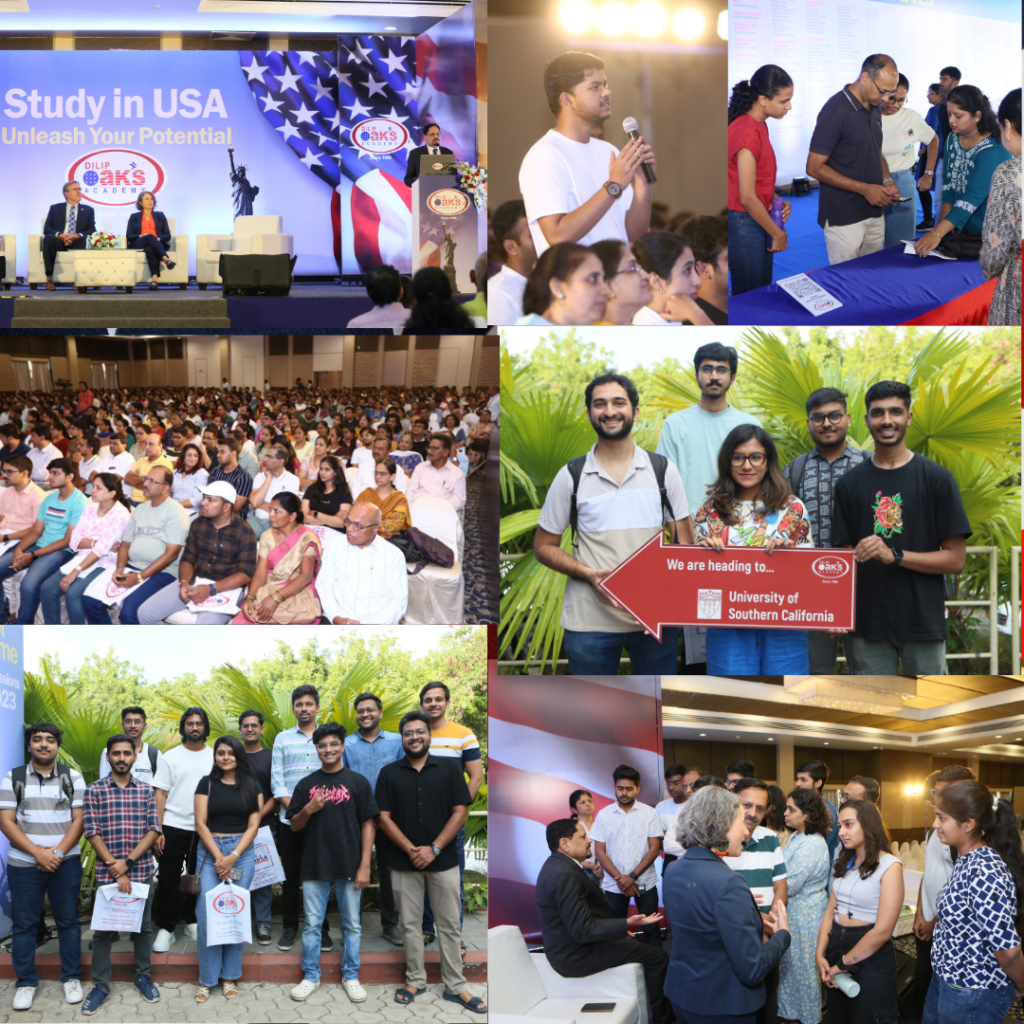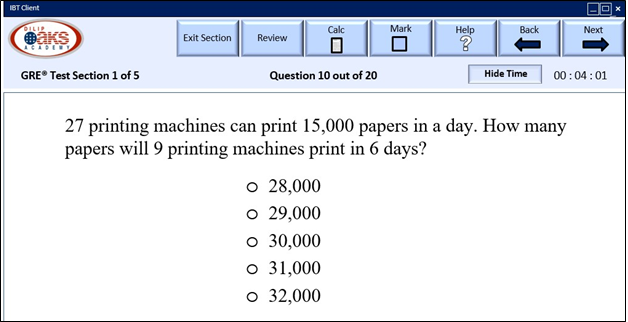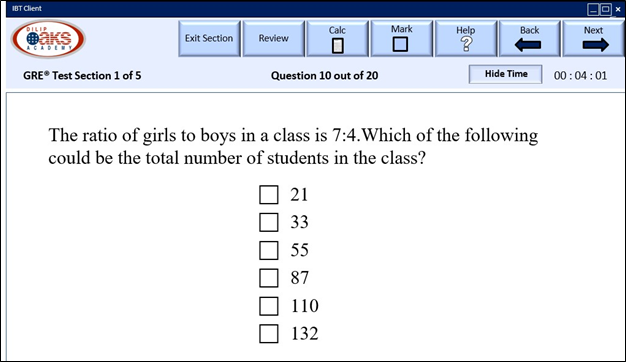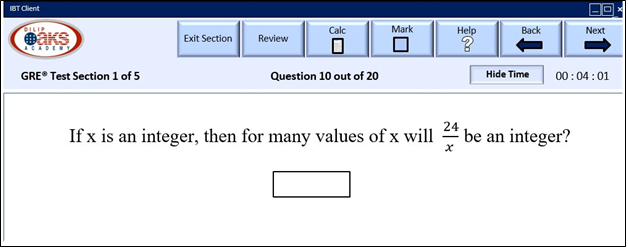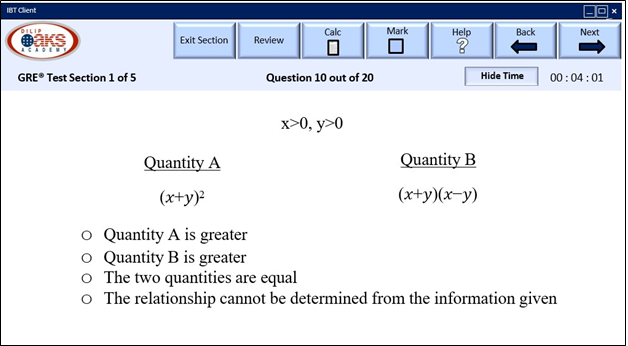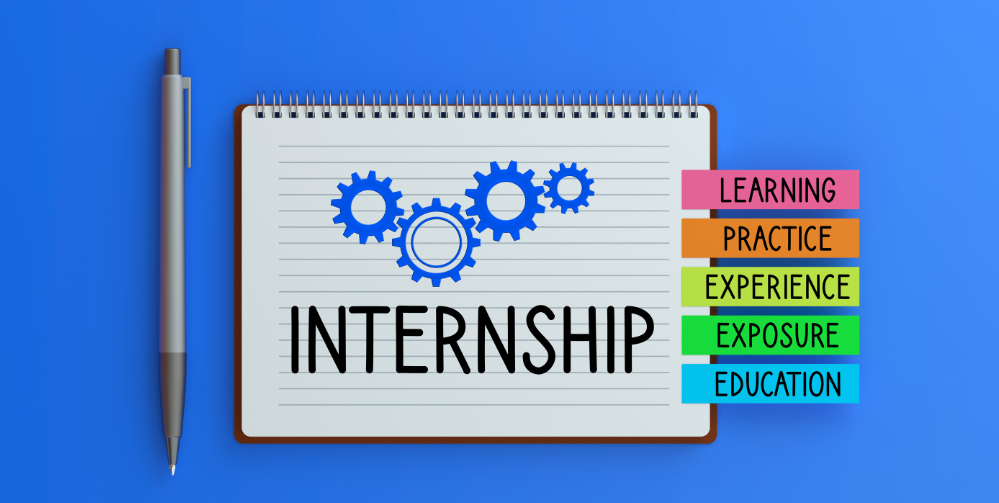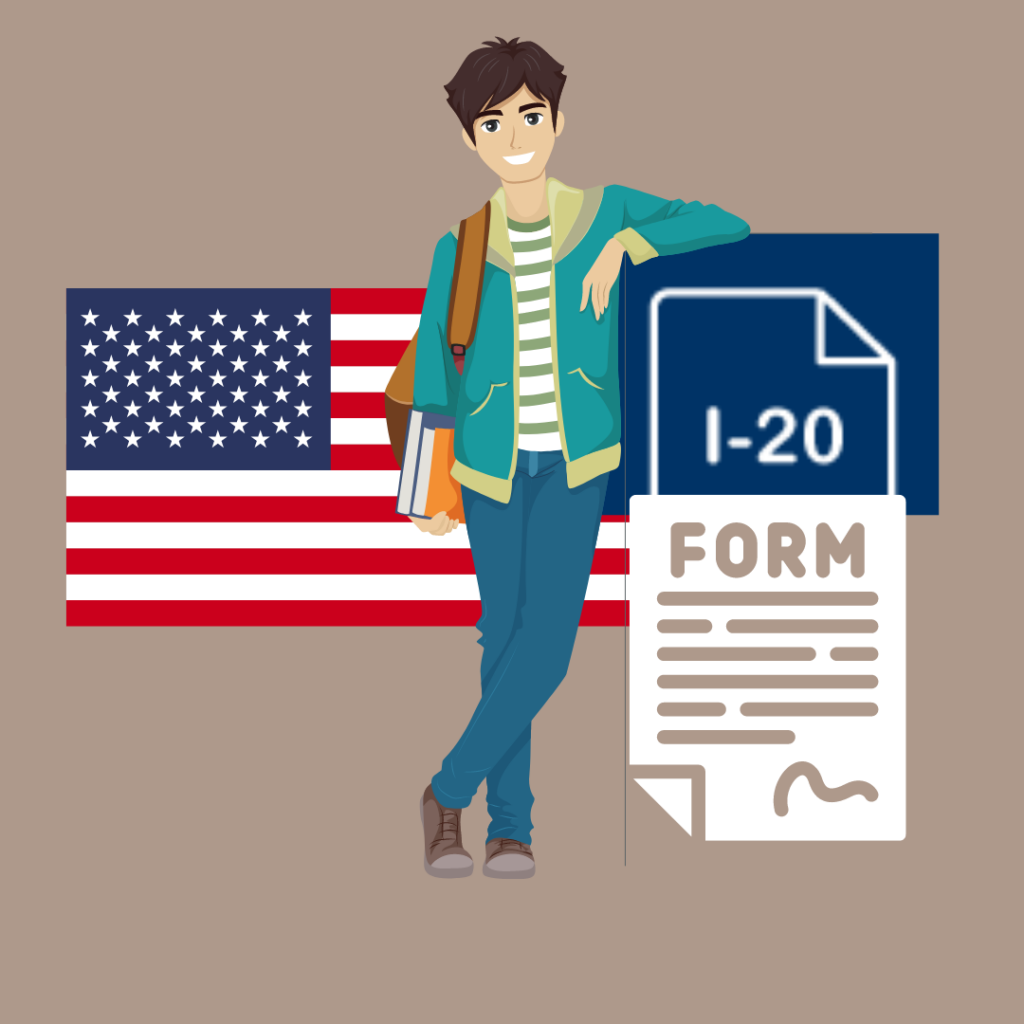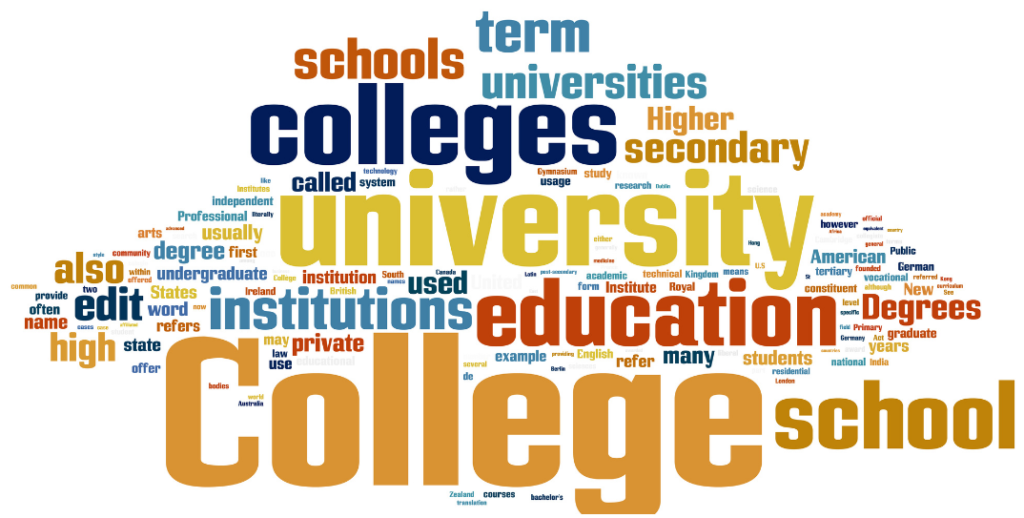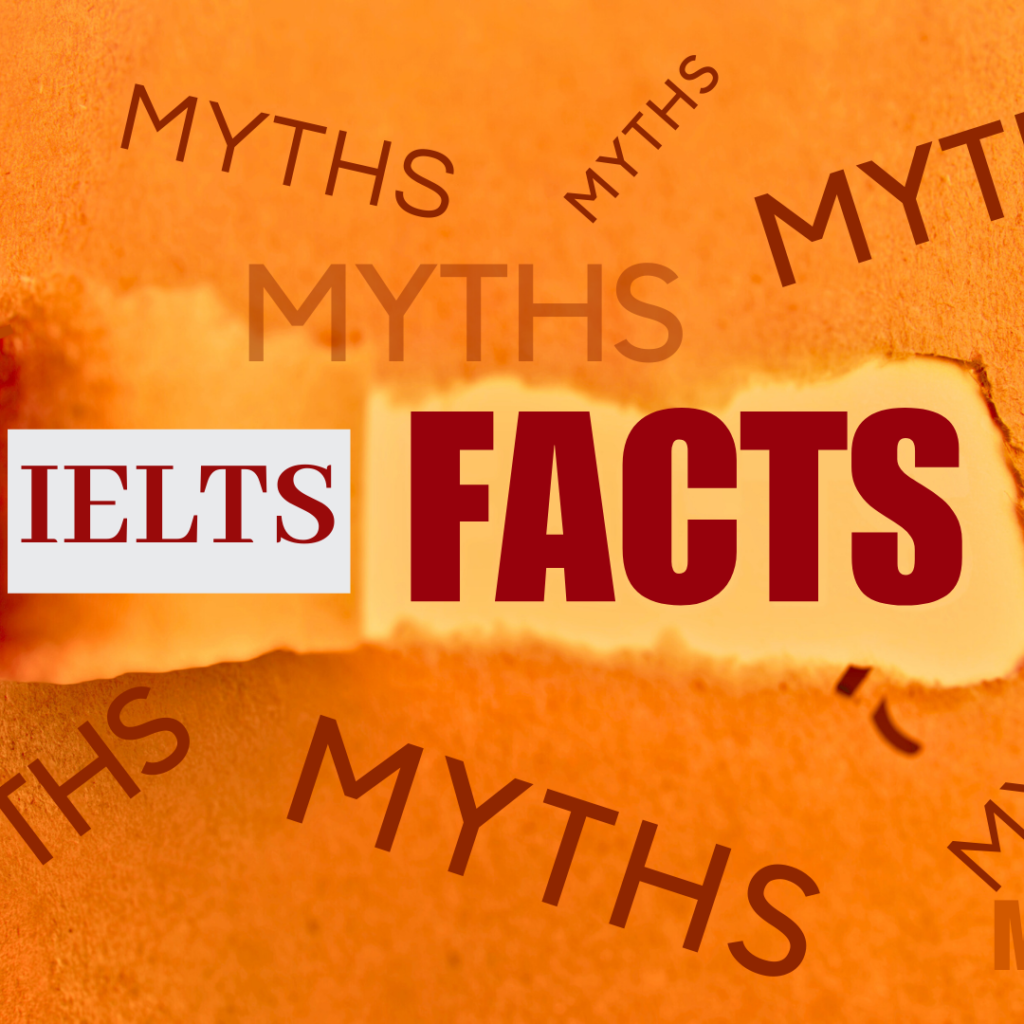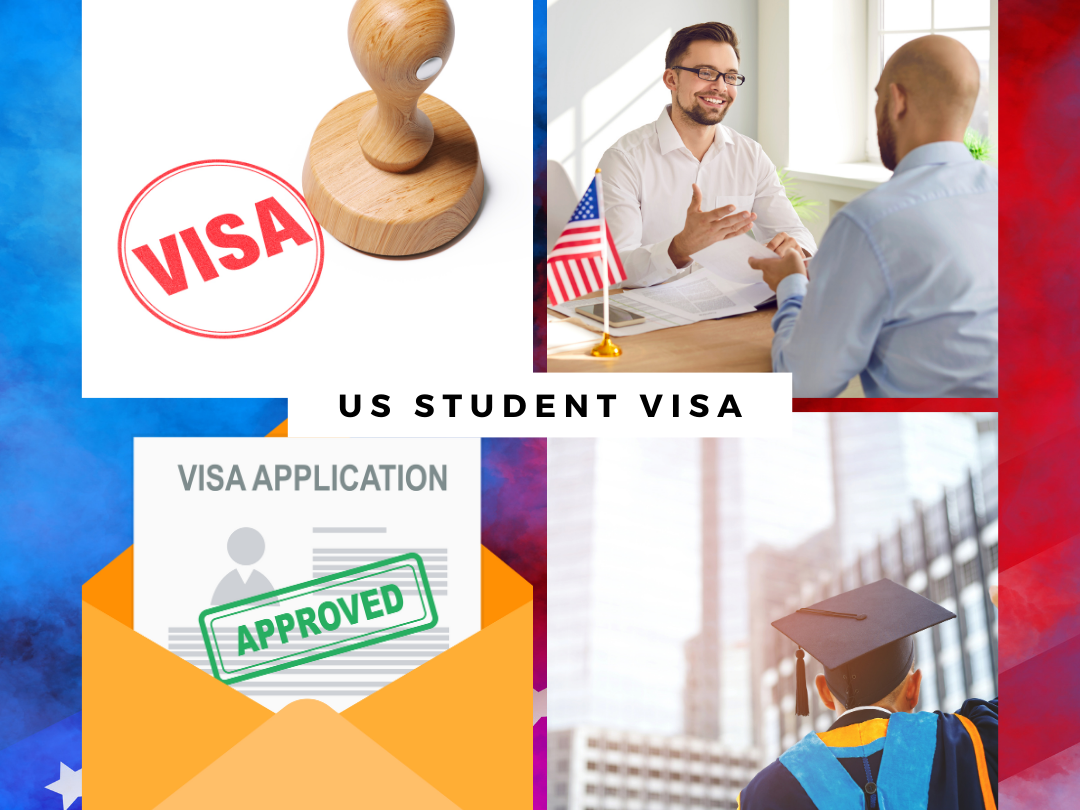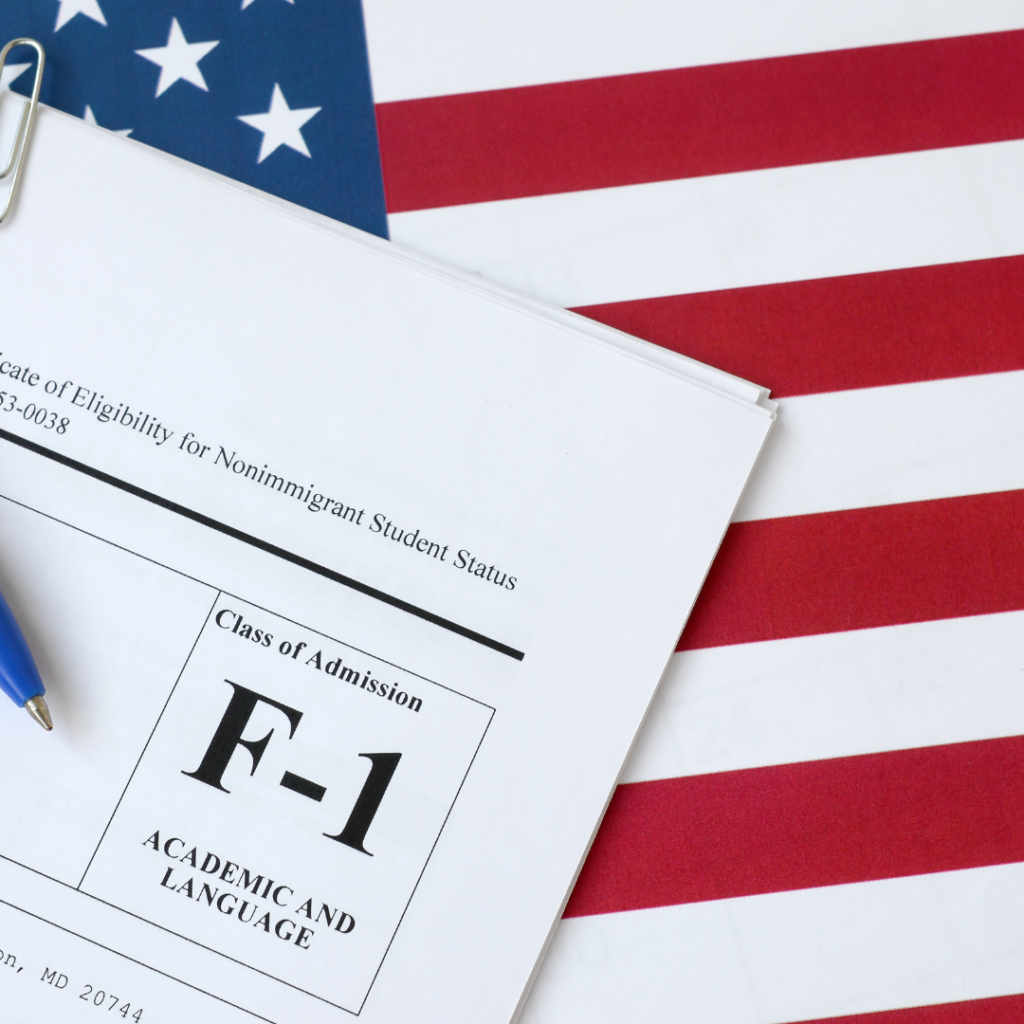On June 16th, 2024, Dilip Oak’s Academy, in association with HDFC Credila, hosted its annual Pre-Departure Orientation for students joining US universities for master’s degrees in August 2024 (Fall semester). This long-standing tradition, held since 1998, took place at Siddhi Banquet Hall, Pune and attracted around 1100 students and parents, making it one of the largest events of its kind in India.
Distinguished Guests and Key Insights
The event was graced by esteemed guests Dr. David Alexander, Dean of the College of Engineering and Computer Science, Ms. Tasha Alexander, Director of International Student Services, both from California State University, Chico, and Ms. Sarika Oak, Senior Director, Udemy Inc., San Francisco. Their presence added significant value to the orientation, providing students firsthand insights into American campus life.
Mr. Dilip Oak explained that there are currently many job openings in the fields of engineering, architecture, and finance. It is a fact that, at present, job opportunities in computer science are very limited. But hopefully, the situation will change after January 2025. There will be more opportunities for the latest technologies like artificial intelligence, machine learning, deep learning, cybersecurity etc. He also provided crucial information on pre-travel preparations, including medical checks, insurance, immunization, and foreign exchange regulations.
Practical Advice and Encouragement
Sarika Oak shed light on campus life, accommodation, and job opportunities after graduation. She added that students should be proactive and make the most of every opportunity as that would make them well-rounded and work-ready. She emphasized the importance of building relationships beyond the Indian community to land internships and jobs. Her advice about on-campus employment and paid internships during Curriculum Practical Training (CPT) was a game-changer for those worried about repaying student loans.
Dr. David Alexander said there will be job opportunities starting in January 2025. However, jobs will be available to those students who excel academically and can crack 5-6 rounds of interviews. He also recommended that students stay informed of the changing trends and learn newer technologies.
Celebrating Our Achievers
A special highlight of the Pre-Departure Orientation 2024 was the felicitation of our students who achieved exceptional GRE scores and secured admits to prestigious universities. These accomplished students will join top-tier institutions such as Carnegie Mellon University, Columbia University, Georgia Institute of Technology, University of California, Berkley and Purdue University. Their fields of study are as diverse as their talents, ranging from Computer Science, Data Science, Cyber Security Management Information Systems and various engineering fields. We are incredibly proud of their achievements and confident that they will continue to excel in their chosen paths, contributing to the global community with their expertise and dedication.
Read this blog to know more about getting an internship during your MS program.
Real Stories, Real Impact
The program left a lasting impression on both students and parents.
Pradeep Kulkarni said this session resolved his doubts and concerns as a parent, thus reassuring him about the investment in his child’s education, thanks to the positive job prospects in America. He also praised the comprehensive guidance, which covered everything from settling into university life to finding housing and securing jobs.
Khushi Shah, an academy student, shared her seamless experience with the Academy’s support in university selection, Statement of Purpose drafting, and visa interview preparation. Her efforts, guided by Mr. Oak, led to her securing admission to all the universities she applied to.
Shivendra Bhonsle, our online GRE coaching and counseling student, expressed gratitude for the support and guidance he received that helped him achieve his dream. Moreover, the pre-departure event addressed all his doubts and eased his parent’s concerns about safety, job opportunities, and accommodations.
Akanksha Bharambe said that the Academy’s efforts were crucial in securing her admission to the University of Illinois Urbana-Champaign. The application process was seamless for her, especially the mock visa interview conducted by Mr. Oak, which boosted her confidence.
Wrapping Up
The Pre-Departure Orientation 2024 was a great success, equipping students and parents with essential knowledge and boosting their confidence as they prepare for their academic journey in the US. With over 26 years of experience, Dilip Oak’s Academy continues to guide students through their higher education journey in America.
As India’s leading Study Abroad Consultant, Dilip Oak’s Academy offers a comprehensive suite of admission counseling services that can guide you through the entire process from Shortlisting Universities to Visa Counseling. With our expertise, we have successfully sent 32,000 students to various prestigious American universities like MIT, Stanford, Cornell, and Carnegie Mellon. We also offer classroom and online coaching for GRE, TOEFL, and IELTS, as well as GRE Self Prep. To explore our services, book a free consultation or call us at 91-20-67444222.

